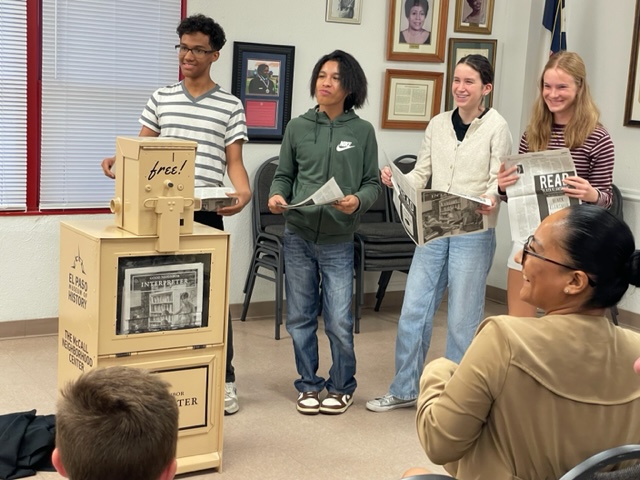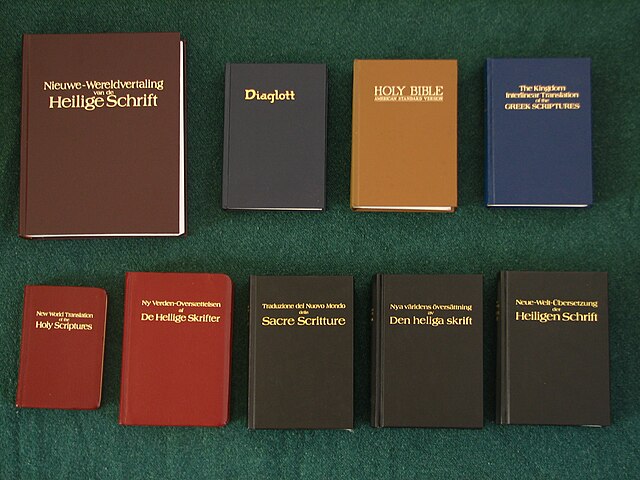In a world interconnected like never before, the power of language diversity cannot be overstated. Language is not merely a tool for communication; it’s a vessel for culture, history, and identity. Multilingualism enriches societies, fosters understanding, and opens doors to countless opportunities. At the heart of this linguistic tapestry lies translation, the bridge that enables us to traverse linguistic boundaries and celebrate the beauty of diversity.
Embracing Multilingualism
Multilingualism is not just about speaking multiple languages; it’s about embracing the richness of different cultures and perspectives. In today’s globalized world, being multilingual is a valuable asset that goes beyond mere communication skills. It allows individuals to connect with others on a deeper level, fostering empathy and cross-cultural understanding.
One of the most significant benefits of multilingualism is its role in breaking down barriers. When we speak the language of others, we signal our respect and willingness to engage with their culture. This fosters inclusivity and creates a sense of belonging, especially in diverse communities where multiple languages are spoken.
The Role of Translation
Translation serves as the cornerstone of multilingualism, enabling the exchange of ideas, literature, and knowledge across linguistic boundaries. It’s not merely about converting words from one language to another; it’s about capturing the essence and nuance of the original text while making it accessible to a new audience.
Through translation, literary masterpieces can reach a global readership, scientific discoveries can be shared worldwide, and cultural exchanges can flourish. Translators are the unsung heroes who work tirelessly behind the scenes to ensure that no voice is left unheard due to linguistic differences.
Celebrating Cultural Diversity
Language diversity is inseparable from cultural diversity. Each language carries within it a unique worldview, traditions, and heritage passed down through generations. By preserving and promoting linguistic diversity, we preserve the richness of human experience and ensure that no culture is marginalized or forgotten.
Translation plays a crucial role in preserving cultural heritage by making literary works, folklore, and historical documents accessible to future generations. It allows us to learn from the wisdom of different cultures, fostering mutual respect and appreciation.

The Global Impact
The impact of language diversity extends far beyond individual communities; it shapes the fabric of our global society. In an increasingly interconnected world, proficiency in multiple languages opens doors to economic opportunities, diplomatic relations, and cultural exchange. If you want to find great tips and information, check out the best translation agency in Paris to learn more.
Countries and organizations that value multilingualism have a competitive edge in the global marketplace. They can easily engage with diverse audiences, forge international partnerships, and navigate cross-cultural negotiations with ease.
Conclusion
The power of language diversity is evident in every aspect of human society. From fostering empathy and understanding to driving economic growth and innovation, multilingualism enriches our lives in countless ways. Translation serves as the cornerstone of this linguistic tapestry, enabling us to celebrate the beauty of diversity and build bridges across cultures.
As we embrace the diversity of languages and cultures that define our world, let us remember the words of Nelson Mandela: “If you talk to a man in a language he understands, that goes to his head. If you talk to him in his language, that goes to his heart.” Through translation and multilingualism, we can speak to each other’s hearts and create a more connected and inclusive world.




